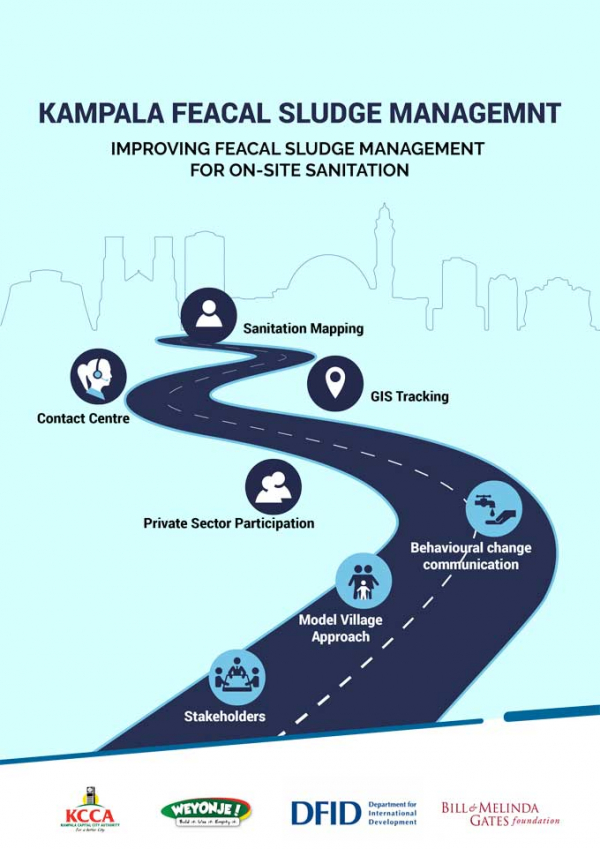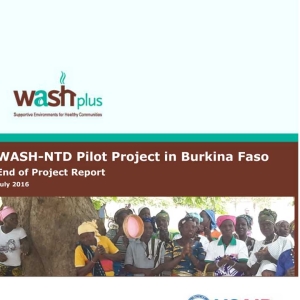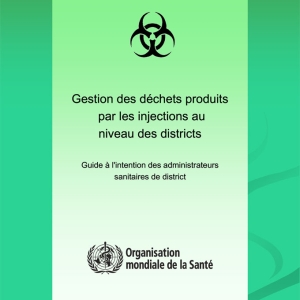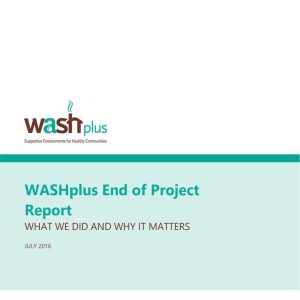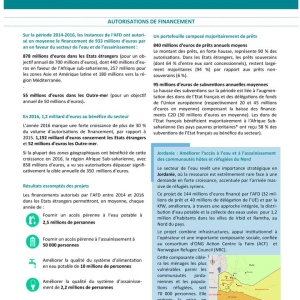KAMPALA FEACAL SLUDGE MANAGEMENT – IMPROVING FEACAL SLUDGE MANAGEMENT FOR ON-SITE SANITATION
Currently, 900 m3/day of feacal sludge is generated in Kampala but the available desludging equipment is able to transport only 390m3/day. Moreover, there is an additional demand of 150m3/day which emanates from districts neighbouring Kampala (KCCA, 2014). Critically, the only FS treatment plant has a capacity of 400m3/day; hence the treatment capacity is surpassed by 50%. In addition, the long haulage distances (of up to 17km) to the treatment plant increases the cost of managing feacal sludge. Consequently, many parts of the city are un-served and the cost of FS collection and transportation (i.e. USD 9/m3 and USD 60/m3 for a cesspool truck and gulper, respectively) is unaffordable for the urban poor. Additionally, there is limited information on the spatial distribution and location of sanitation facilities in Kampala which makes enforcement of standards, planning for resource allocation and monitoring of service provision a challenge. Furthermore, there is no systematic structure to disseminate information on FS desludging services to the public. As a result the urban poor (who make up 64% of Kampala’s population) are the most affected by the above problems. Kampala Capital City Authority (KCCA) with support from the Bill and Melinda Gates Foundation is currently investing on a project (KFSM) to improve Feacal Sludge Management in the vulnerable urban poor areas of Kampala city through an efficient and affordable private sector led service delivery model. The three year project started in December 2015.
Related products
PARTNER

Contact-us
Abidjan – Ivory Coast Cocody Riviera Palmeraie
Tél. : (+225) 27 22 49 96 11 / 27 22 49 96 13 – Email : contact@afwasa.org

